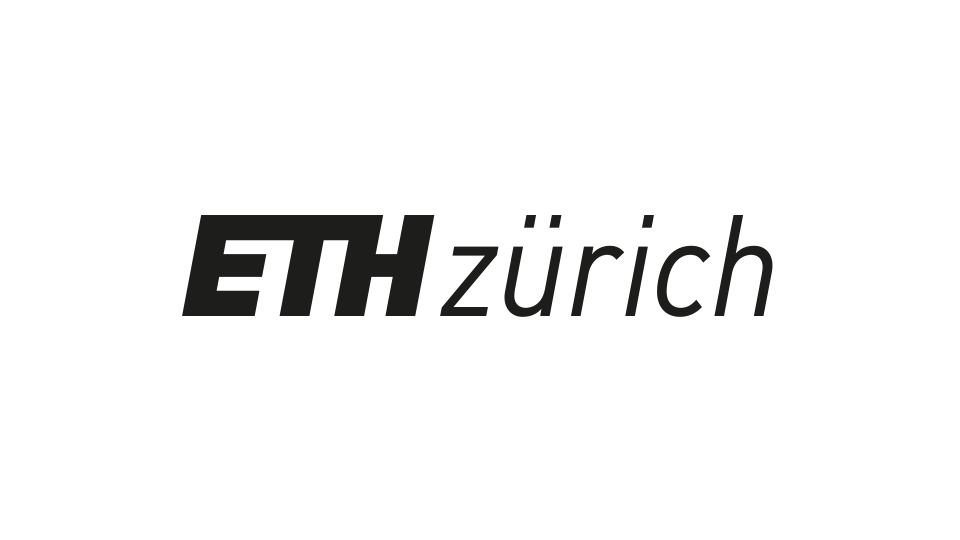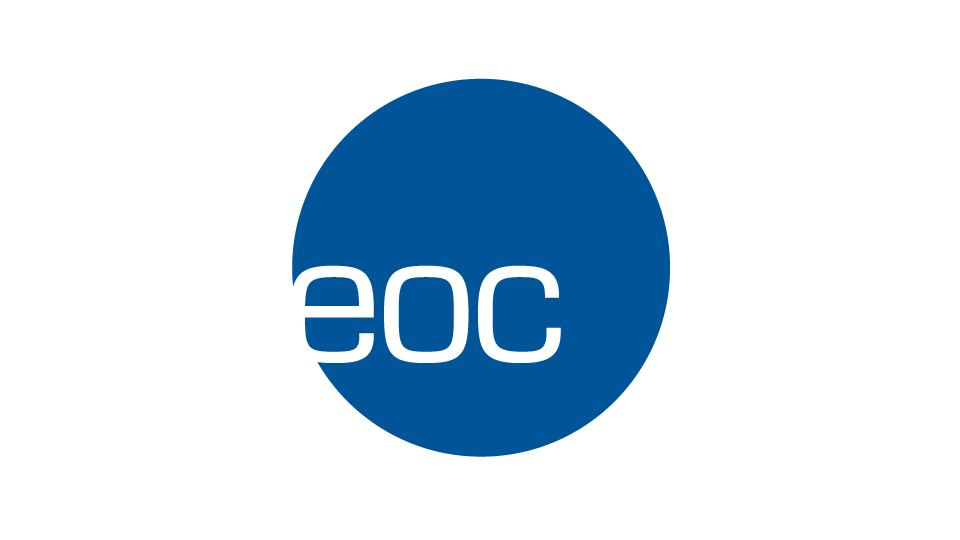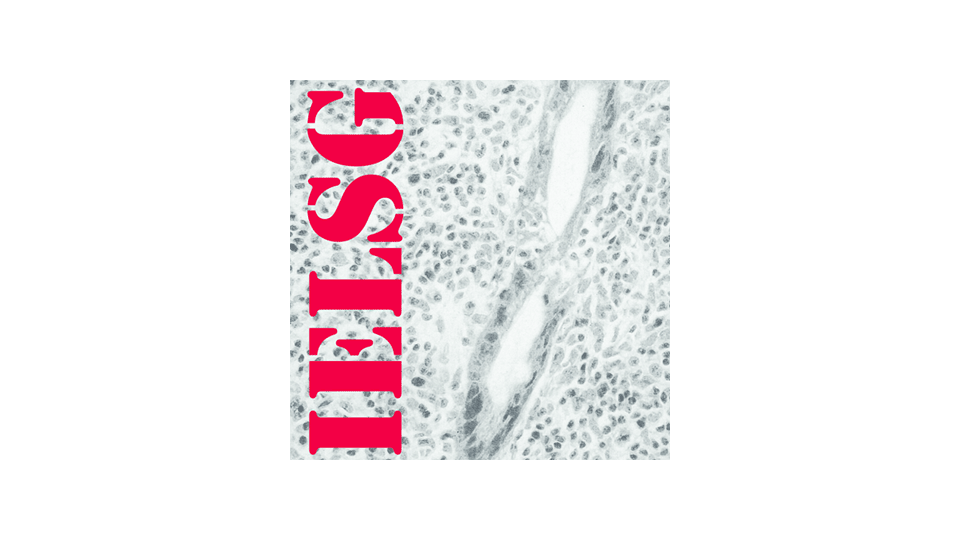Patients with lymphoma who do not respond to treatment have a bleak outcome. Over 1100 patients die with leukemia and lymphoma in Switzerland annually. There is a major need to optimize treatment selection for patients with lymphoma.
To outgrow and disseminate, lymphoma hijacks normal inflammatory cells for protection and nourishment, while hiding from their attack. Inflammation may be age-related and can foster manifestations such as clonal hematopoiesis or it may be sustained by chronic infections of the lymphoma cell itself. The new avenues of lymphoma therapy are based on a combination of approaches that target both tumor cells and the host supporting environment. These include: i) repairing the operative system inside the lymphoma cells, which can be achieved by using small molecules that precisely identify and attack the factors that led to its failure; ii) reverting the stunned inflammatory cells from lymphoma feeders to lymphoma predators; and iii) identifying and eradicating the infectious agents that cause chronic infection of the lymphoma.
In clonal hematopoiesis (CH), the accumulation of somatic mutations in hematopoietic stem cells (HSCs) may give individual HSCs a competitive fitness advantage, leading to clonal expansion. Loss-of-function alleles in TET2, a gene encoding an enzyme involved in DNA methylation, is one of the most-common mutation in CH and accounts for 30 % of CH subjects. Since CH is common in lymphoma patients (ca. 15–30 %), it may be relevant in two directions: i) feeding the tumor through a pro-tumoral inflammatory microenvironment; and ii) altering the immune response in tumors.
To better understand TET2-mutated CH, we will analyze the intra-tumoral microenvironment of lymphoma patients with CH, validate the role of Tet2-deficient hemopoiesis in transgenic mouse models, identify the factors secreted by TET2-mutated cells and test potential pharmacological interventions. Importantly, we are now able to do these experiments at single-cell resolution and directly in situ to finely map complex cellular relationships and networks.
This project proposal combines the Alimonti group’s expertise on mouse models and on the interaction between tumor cells and host myeloid cells, with the project partner’s lymphoma expertise on clinical trials and on the combination of clinicopathological predictors and molecular biomarkers.







